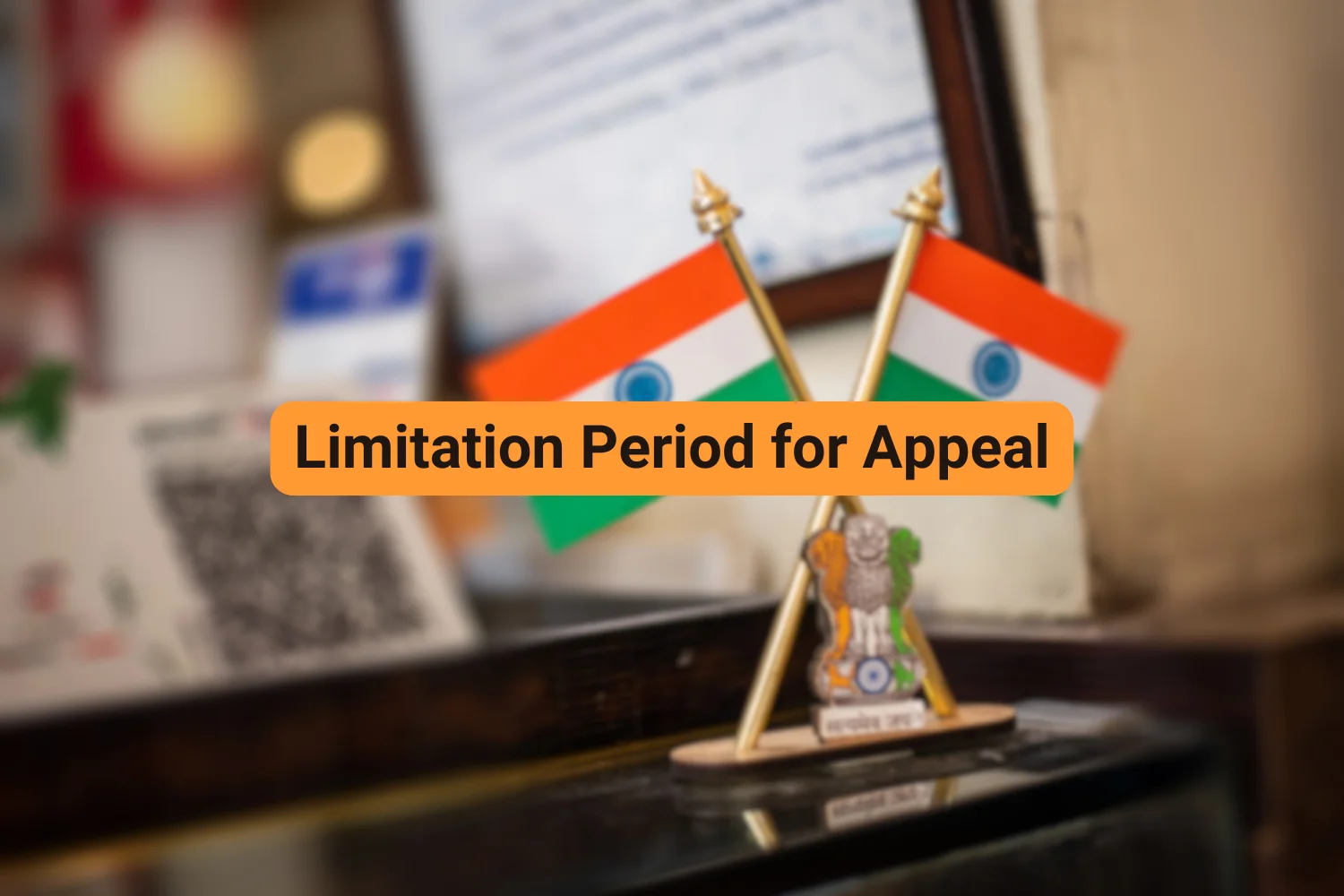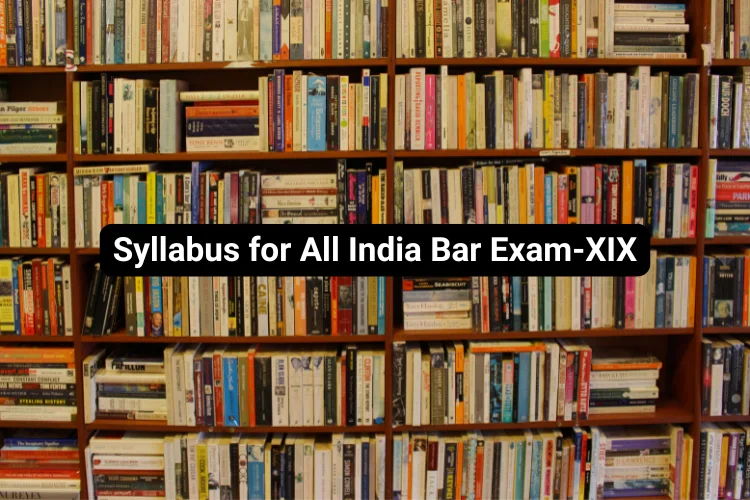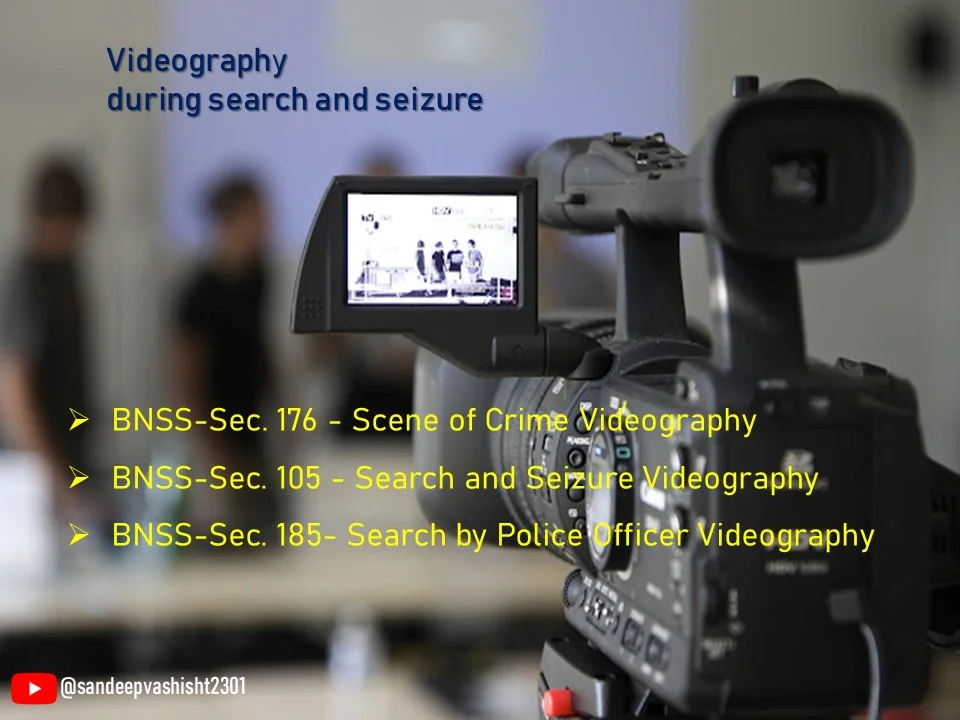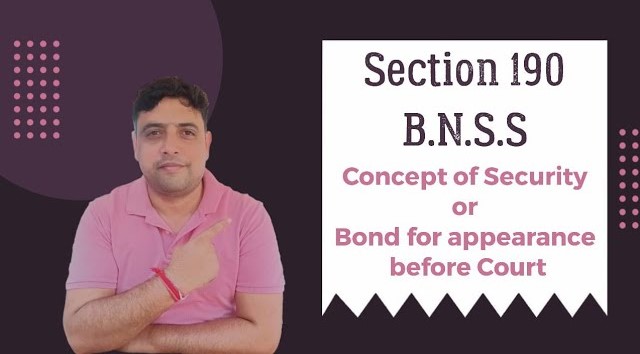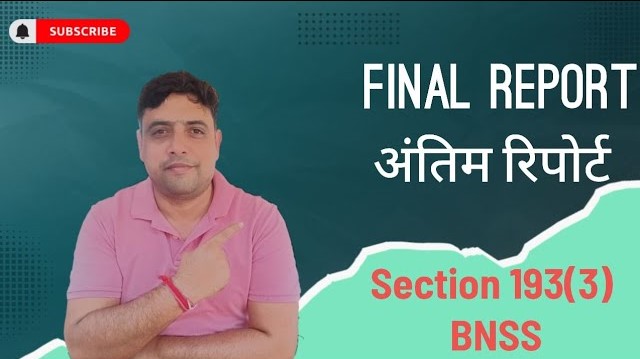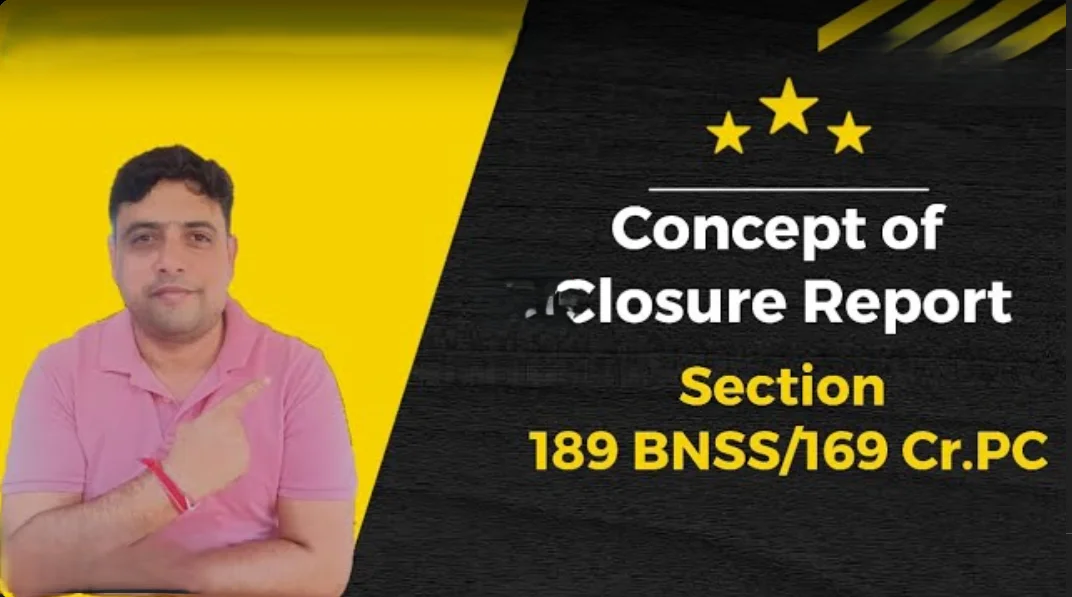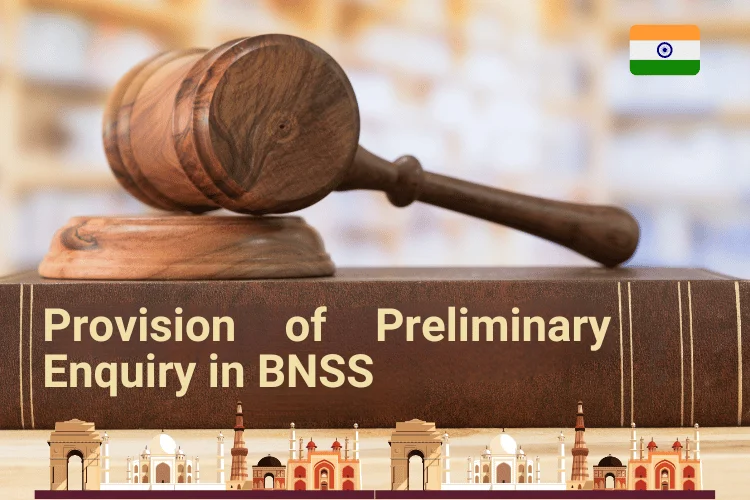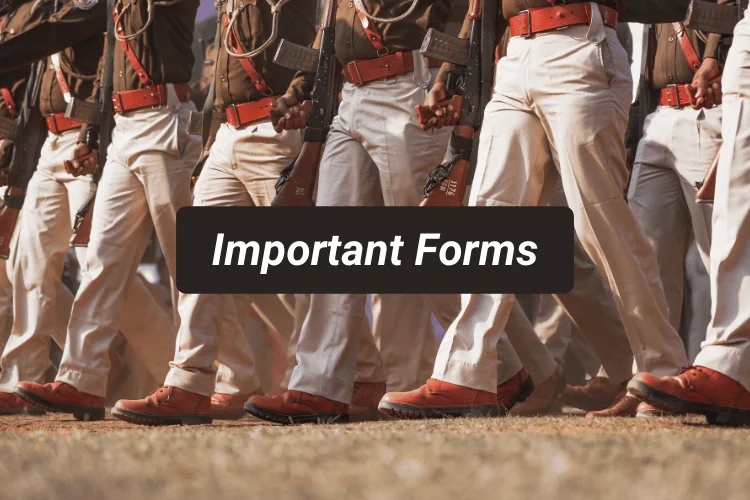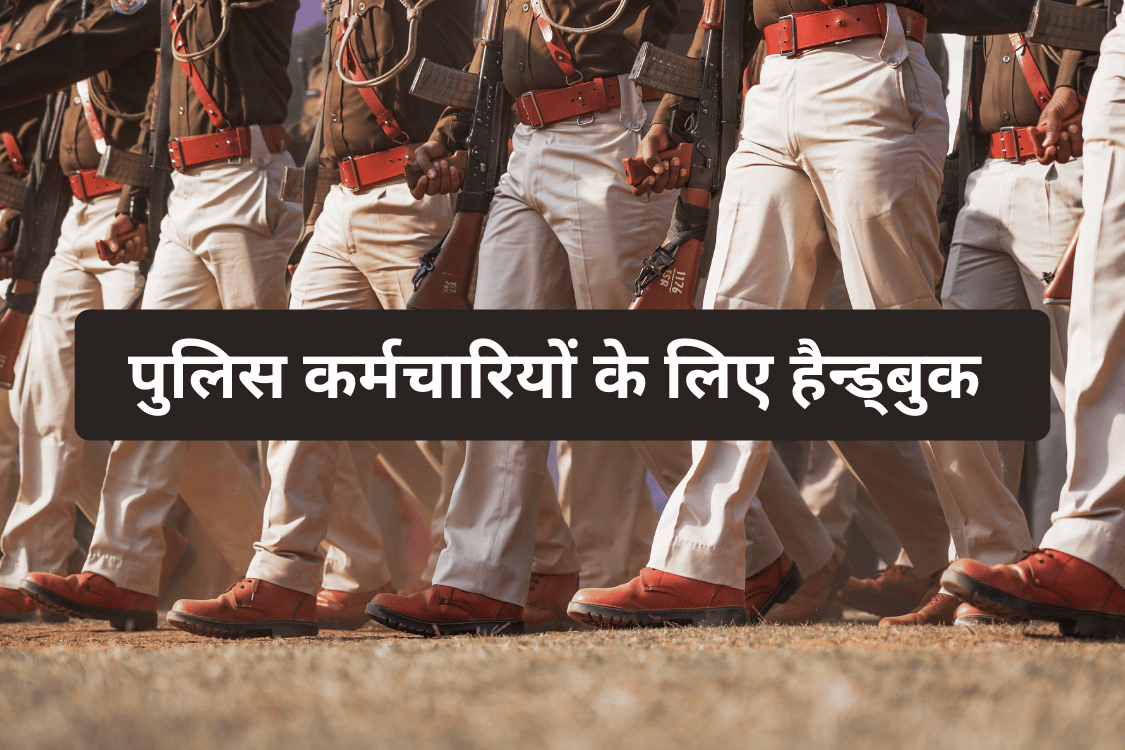LEGAL AID TO ACCUSED (SECTION 304)
INTRODUCTION
The right to legal representation is a fundamental principle of justice, enshrined in the Indian Constitution and the Criminal Procedure Code. However, this right remains illusory for many indigent accused persons who cannot afford legal counsel. The provisions of Section 304 of the Criminal Procedure Code and Article 39-A of the Constitution aim to address this issue by mandating the State to provide free legal aid to those in need. This essay explores the significance of legal aid for indigent accused persons and the role of the State in ensuring equal access to justice for all.
PROVISIONS IN CRIMINAL PROCEDURE CODE [SECTION 304 ]
Section 304 of the Criminal Procedure Code (CrPC), deals with the appointment of a pleader (legal representative) for an accused person who cannot afford pleader of his own.
As per 304(1) : If an accused person is not represented by a pleader (legal representative) in a trial before the Court of Session, and the court believes that he has not sufficient means to engage a pleader, the court will assign a pleader at the expense of the state.
Mode of Selection and fee etc. of Such Pleader [Section 304 (2) (3)]
The High Court, with the prior approval of the State government, may make rules regarding:
- The mode of selecting such pleaders for defence (e.g., how they will be chosen or appointed)
- The facilities to be allowed to such pleaders by the courts (e.g., access to case files, witness statements, etc.)
- The fee payable to such pleaders by the government (e.g., how much they will be paid for their services)
Under sub section (3) of this section the State government may, by notification, extend the provisions of this section to any courts in the state, meaning they can apply this rule to other courts in the state beyond just the Court of Session.
Thus, this section aims to ensure that accused persons who cannot afford legal representation are still provided with a fair trial and access to justice.
This passage emphasizes the importance of providing legal aid to indigent accused persons in session trials.
Section 304 of the CrPC imposes a duty on the court to provide legal assistance to unrepresented and indigent accused persons, which is in line with Article 39A of the Indian Constitution.
The court has the discretion to appoint a pleader for the accused's defense at the state's expense, and it is not for the accused to apply for this right.
- The court must ensure that the legal assistance provided is not just a formality but a meaningful defence, to achieve a fair trial.
- This passage highlights the importance of providing free legal aid to indigent accused persons, as a fundamental right. It emphasizes that:
- The right to counsel (Section 303) would be meaningless if the accused cannot afford a lawyer due to poverty or indigence.
- Article 39-A of the Indian Constitution, a Directive Principle of State Policy, mandates the State to provide free legal aid to ensure equal access to justice for all citizens, regardless of economic or other disabilities.
In essence, the State has a constitutional obligation to provide legal aid to those who cannot afford it, to ensure that the right to counsel is a meaningful reality for all. This is crucial for upholding the principles of equality and justice in the legal system.
CONCLUSION
The right to legal representation is an indispensable component of a fair trial, and it is the State's responsibility to ensure that this right is not denied to anyone due to economic or other disabilities. The provisions of Section 304 of the Criminal Procedure Code and Article 39-A of the Constitution are crucial in this regard, as they mandate the State to provide free legal aid to indigent accused persons. By doing so, the State can help ensure that the legal process is not skewed against the poor and the marginalized, and that justice is delivered in a fair and equitable manner. Ultimately, the provision of free legal aid is not only a constitutional obligation, but also a moral imperative, essential for upholding the rule of law and the dignity of all citizens.
"Empowering your legal journey, one resource at a time. Welcome to Vidhoon, your trusted hub for
comprehensive law notes, practical guidance, and expert support.
Explore, learn, and succeed with us!







